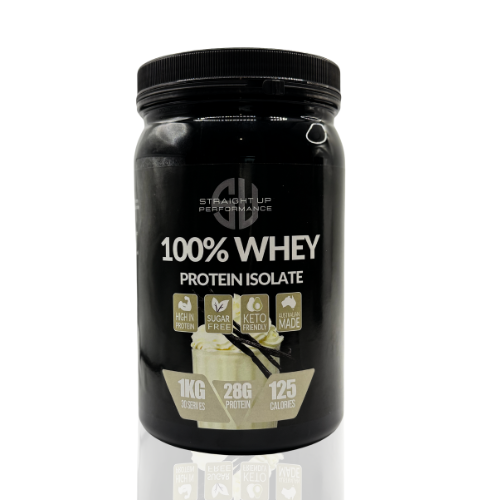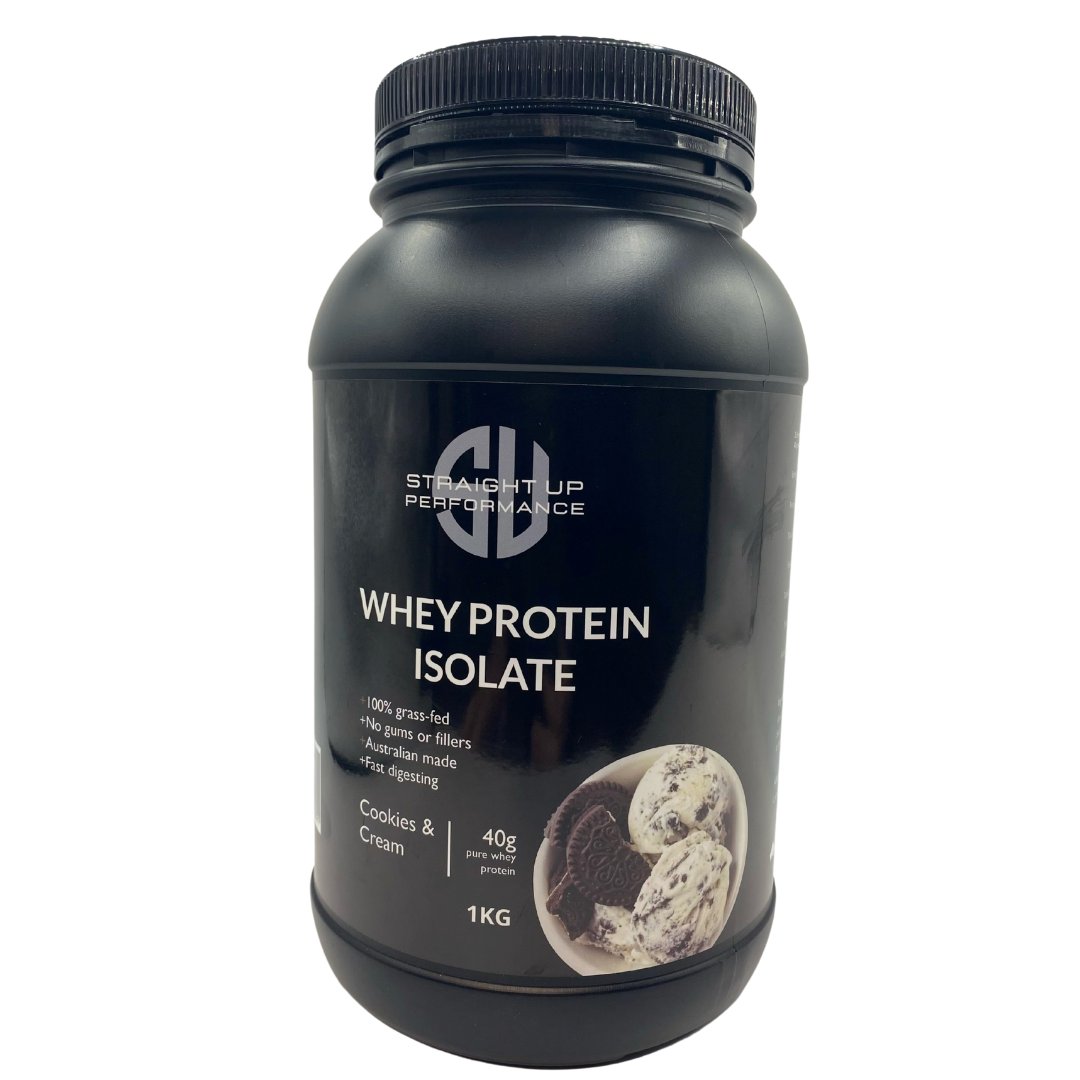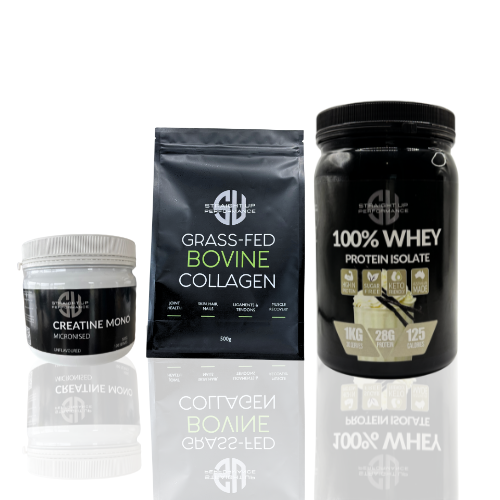Turning 40 doesn't mean your best athletic days are behind you—it just means you need to be smarter about how you fuel your body. The right nutritional approach can keep you performing at your peak well into your 40s, 50s, 60s, and beyond.
The truth is, your body's nutritional needs do change as you age, but understanding these changes gives you the power to work with your physiology, not against it.
Why 0.8g/kg of Protein Isn't Enough Anymore
If you're still following the standard protein recommendation of 0.8g per kilogram of body weight, you're likely short-changing your performance and recovery. Research supports recommendations for older adults to consume 1.0-1.6 g/kg of your body weight per day of protein, including one and preferably more meals with sufficient protein to maximally stimulate muscle protein synthesis. So for a 60kg person, that's 1.6*60 = 96g of protein in total per day.
As we age we are less sensitive to low protein intakes and require a greater relative protein intake in a single meal to maximally stimulate postprandial rates of muscle protein synthesis. In practical terms, this means while a 25-year-old might see maximum muscle protein synthesis from 20g of protein per meal, someone over 40 needs 30-40g to achieve the same response.
The Performance Impact:
- Enhanced muscle recovery between training sessions
- Better maintenance of lean muscle mass
- Improved strength and power output
- Reduced risk of injury from better tissue repair
For active adults over 40, I typically recommend aiming for 1.2-1.6g of protein per kilogram of body weight daily, distributed across 3-4 meals with at least 30-35g per meal.
Why Premium Protein Matters
One of the most significant changes that occurs with aging is decreased nutrient absorption efficiency. Aging can impact the absorption of various nutrients due to decreased production of stomach acid and digestive enzymes. Now more than ever, nutrient density is important.
This is where the quality of your supplements becomes crucial. When your digestive system isn't operating at peak efficiency, choosing highly bioavailable forms of nutrients isn't just smart—it's essential for maintaining performance.
Metabolic Shifts: Adapting Your Fuel Strategy
Aging is characterised by a declining nutritional status due to reduced intakes of nutrient-dense foods, lower intestinal absorption, and impaired nutrient metabolism. This means your body becomes less efficient at extracting and utilizing nutrients from food, making strategic supplementation increasingly important.
What This Means for Performance:
- Energy systems may not respond as quickly to fuelling
- Recovery nutrition becomes more critical than ever
- Antioxidant needs increase due to accumulated oxidative stress
- Hormone production (oestrogen and testosterone) decline, affecting recovery
Good nutrition provides the raw materials for natural hormone production.
Your Peak Performance Nutrition Blueprint After 40
Timing Strategies:
- Pre-workout: Focus on easily digestible carbohydrates
- Post-workout: 30-40g protein plus carbohydrates within 2 hours
- Evening: Include protein or Greek yogurt to support overnight recovery
- Throughout the day: Spread protein intake evenly across meals
Quality Matters More:
- Choose grass-fed, organic protein sources when possible
- Opt for third-party tested supplements
- Focus on nutrient density over calorie density
Peak performance after 40 isn't about trying to eat like you're 25 again. It's about understanding how your nutritional needs have evolved and adapting your strategy accordingly. When you align your nutrition with your body's changing needs, you can maintain—and sometimes even improve—your performance.
Your best years don't have to be behind you. They might just be getting started.









